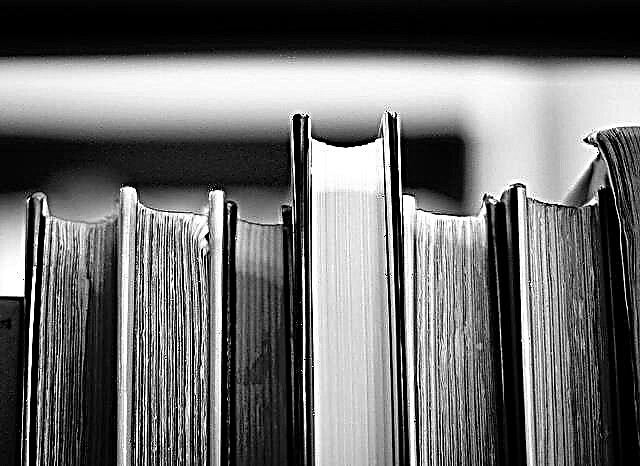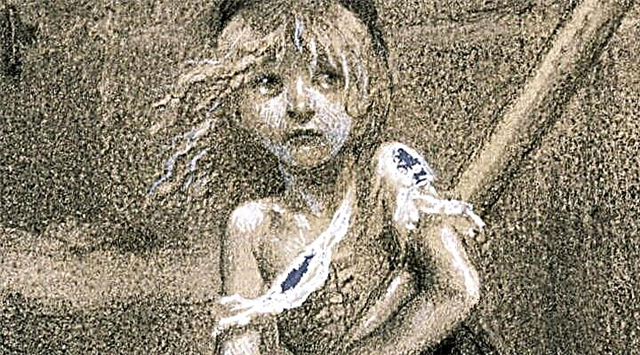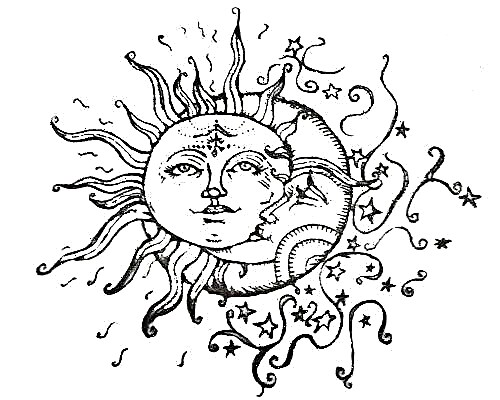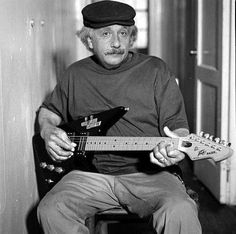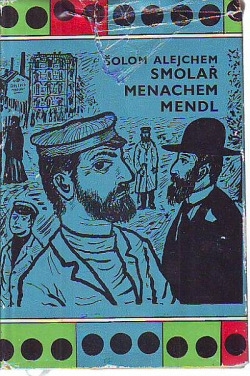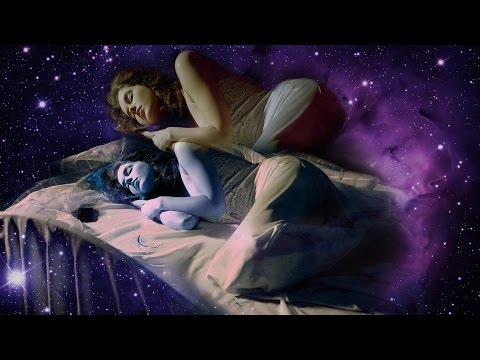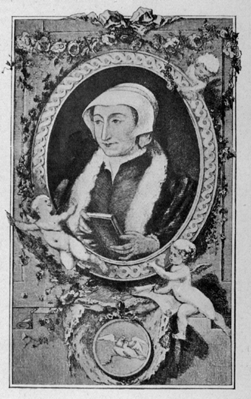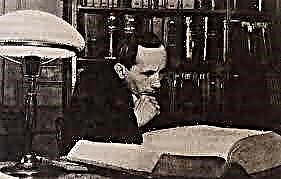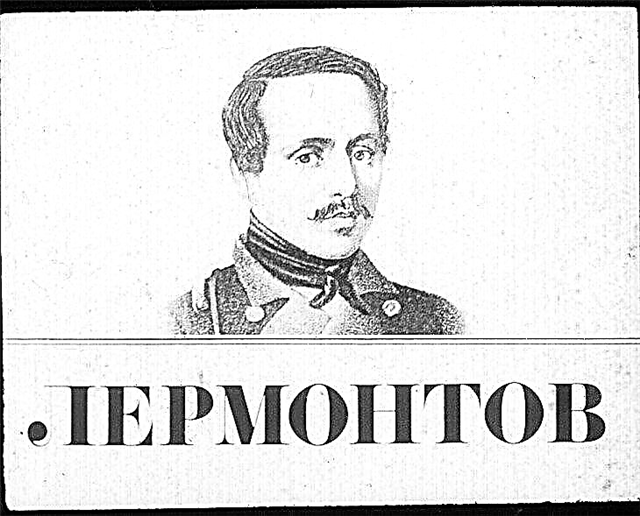: At a turning point in the history of 1917-1918 the author speaks in newspaper articles about the war, revolution, the fate of the Russian people, whose spiritual salvation is completely dependent on culture and knowledge.
The book consists of short notes by M. Gorky, published in the Petrograd newspaper New Life from May 1, 1917 to June 16, 1918.
"The Russian people married Freedom." But these people must throw off the centuries-old oppression of the police regime. The author notes that political victory is only the beginning. Only popular and democratized knowledge as an instrument of interclass struggle and the development of culture will help the Russians to win a complete victory. A multi-million citizen, politically illiterate and socially ill-bred, is dangerous. "The organization of the country's creative forces is necessary for us, like bread and air." Creative power is man, his weapon is spirituality and culture.
The extinction of the spirit was revealed by the war: Russia is weak in the face of a cultural and organized enemy. People who shouted about saving Europe from the false shackles of civilization with the spirit of true culture quickly fell silent:
The “Spirit of true culture” turned out to be the stench of all ignorance, disgusting egoism, rotten laziness and carelessness.
“If the Russian people are not able to abandon the grossest violence against a person, they have no freedom.” The author considers the stupid enemies of Russians stupidity and cruelty. It is necessary to instill a sense of disgust for the murder:
Murder and violence are arguments of despotism, ... to kill a person does not mean ... to kill an idea.
Telling the truth is the hardest art of all. She is uncomfortable for the layman and unacceptable to him. Gorky talks about the atrocities of war. War is a meaningless extermination of people and fertile lands. Art and science are raped by militarism. Despite talk of brotherhood and the unity of humanity, the world plunged into bloody chaos. The author notes that everyone and everyone is guilty of this. How much useful for the development of the state could have been killed in the war, working for the good of the country.
But we are exterminating millions of lives and huge reserves of labor energy for killing and destruction.
Only culture, according to Gorky, will save the Russians from their main enemy - stupidity. After the revolution, the proletariat received the opportunity of creativity, but so far it has been limited to the “watery” feuilleton of maternity commissars. It is in the proletariat that the author sees the dream of the triumph of justice, reason, beauty, "of the victory of man over beasts and cattle."
The main vehicle of culture is the book. However, the most valuable libraries are destroyed, printing is almost stopped.
From one of the champions of monarchism, the author learns that even after the revolution lawlessness reigns: arrests are carried out at the behest of the pike, prisoners are treated cruelly. The official of the old regime, the cadet or Octobrist, becomes the enemy for the current regime, and the attitude “according to humanity” to it is the most vile.
After the revolution, there was a lot of looting: crowds devastate entire cellars, wine from which could be sold to Sweden and provided the country with necessary goods, such as manufacture, cars, and medicines. "This is a Russian revolt without socialists in spirit, without the participation of socialist psychology."
According to the author, Bolshevism will not fulfill the aspirations of the uncultured masses, the proletariat has not won. The seizure of banks does not give people bread - hunger breaks out. The innocent are again in prison, "the revolution does not bear signs of a spiritual rebirth of man." They say that first you need to take power into your own hands. But the author objects:
There is no poison more vile than power over people, we must remember this so that power does not poison us ...
A culture, primarily European, can help a stunned Russian become more humane, teach him how to think, because even for many literate people there is no difference between criticism and slander.
The freedom of speech that the revolution has paved the way for now is becoming a freedom of slander. The press raised the question: "Who is to blame for the devastation of Russia?" Each of the debaters is sincerely convinced that his opponents are to blame. Right now, in these tragic days, one should remember how poorly developed a sense of personal responsibility in the Russian people and how "we are used to punishing our neighbors for our sins."
The blood of the Russian people is still alive slave blood of the Tatar-Mongol yoke and serfdom. But now the “disease has come out”, and the Russians will pay for their passivity and Asian inertness. Only culture and spiritual cleansing will help them recover.
The most sinful and dirty people on earth, stupid in good and evil, drunk with vodka, disfigured by cynicism of violence ... and, at the same time, incomprehensibly good-natured, - at the end of everything - this is a talented people.
It is necessary to teach people to love their homeland, to awaken the desire to learn in a peasant. The true essence of culture is in disgust for everything dirty, deceitful, that "humiliates a person and makes him suffer."
Gorky condemns the despotism of Lenin and Trotsky: they are rotten from power. With them there is no freedom of speech, as with Stolypin. The people for Lenin as ore, from which there is a chance to "cast socialism." He learned from books how to raise the people, although he never knew the people. The leader led to the death of both the revolution and the workers. The revolution must open democracy for Russia, violence must go away - the spirit and reception of the caste.
For a slave, the greatest joy is to see his master defeated, because he does not know joy, more worthy of man - the joy of "being free from a sense of hostility towards one's neighbor." It will be known - it is not worth living if there is no faith in the brotherhood of people and confidence in the victory of love. The author cites Christ as an example - the immortal idea of mercy and humanity.
The government can take credit for the fact that the self-esteem of the Russian person is increasing: the sailors are screaming that for their every head they will shoot not hundreds, but thousands of heads of the rich. For Gorky, this is the cry of cowardly and unbridled animals:
Of course, killing is easier than convincing.
Little was taken care of to make the Russian people better. The throat of the press is squeezed by the "new government", but the press is able to make bitterness less disgusting, because "the people learn from us malice and hatred."
Be more human in these days of universal brutality.
In the world, a person is given an assessment simply: does he love, is he able to work? “If so, you are the person needed by the world.” And since the Russians do not like to work and do not know how, and the Western European world knows this, “then it will be very bad for us, worse than we expect ...” The revolution gave room for evil instincts, and, at the same time, discarded “everything the intellectual forces of democracy, all the moral energy of the country. ”
The author believes that a woman with the charm of love can turn men into people, into children. For Gorky, the savagery that a woman-mother, the source of all good things in spite of destruction, requires to outweigh all the Bolsheviks and men. The woman is the mother of Christ and Judah, Ivan the Terrible and Machiavelli, geniuses and criminals. Russia will not perish if a woman pours light into this bloody chaos of these days.
They plant people who have brought much benefit to society. They are planting cadets, and yet their party represents the interests of a significant part of the people. The commissars from Smolny do not care about the fate of the Russian people: "In the eyes of your leaders you are still not a man." The phrase "We express the will of the people" is the decoration of the speech of the government, which always seeks to seize the will of the masses even with a bayonet.
Equal rights of the Jews is one of the best achievements of the revolution: finally, people who know how to do it better have the opportunity to work. Jews, to the amazement of the author, show more love for Russia than many Russians.And the author considers unreasonable attacks on Jews due to the fact that some of them turned out to be Bolsheviks. An honest Russian man has to feel shame "for a Russian gagger, who on a difficult day of life will certainly seek his enemy somewhere outside himself, and not in the abyss of his stupidity."
Gorky is outraged by the share of soldiers in the war: they are dying, and officers receive orders. The soldier is the litter. Cases of fraternization of Russian and German soldiers at the front are known: apparently, common sense pushed them to this.
The author writes that in the Obukhov hospital there are more than a hundred starving people, 59 of them are younger than 30 years old. Famous people of Russia, who have done a lot for their homeland, are dying of hunger.
For social and aesthetic education of the masses, Gorky, in comparison with Russian literature, considers European - Rostan, Dickens, Shakespeare, as well as Greek tragedians and French comedies more useful: “I stand for this repertoire because - I dare say - I know the demands of the spirit of the working mass ".
The author talks about the need to unite the intellectual forces of the experienced intelligentsia with the forces of the young workers and peasants intelligentsia. Then it is possible to revive the spiritual forces of the country and improve it. This is the path to culture and freedom that must rise above politics:
Politics, whoever does it, is always disgusting. She is always accompanied by lies, slander and violence.
Horror, stupidity, madness - from man, as well as the beautiful things he created on earth. Gorky appeals to man, to his faith in the victory of the good over evil. Man is sinful, but he atones for his sins and dirt with unbearable suffering.


